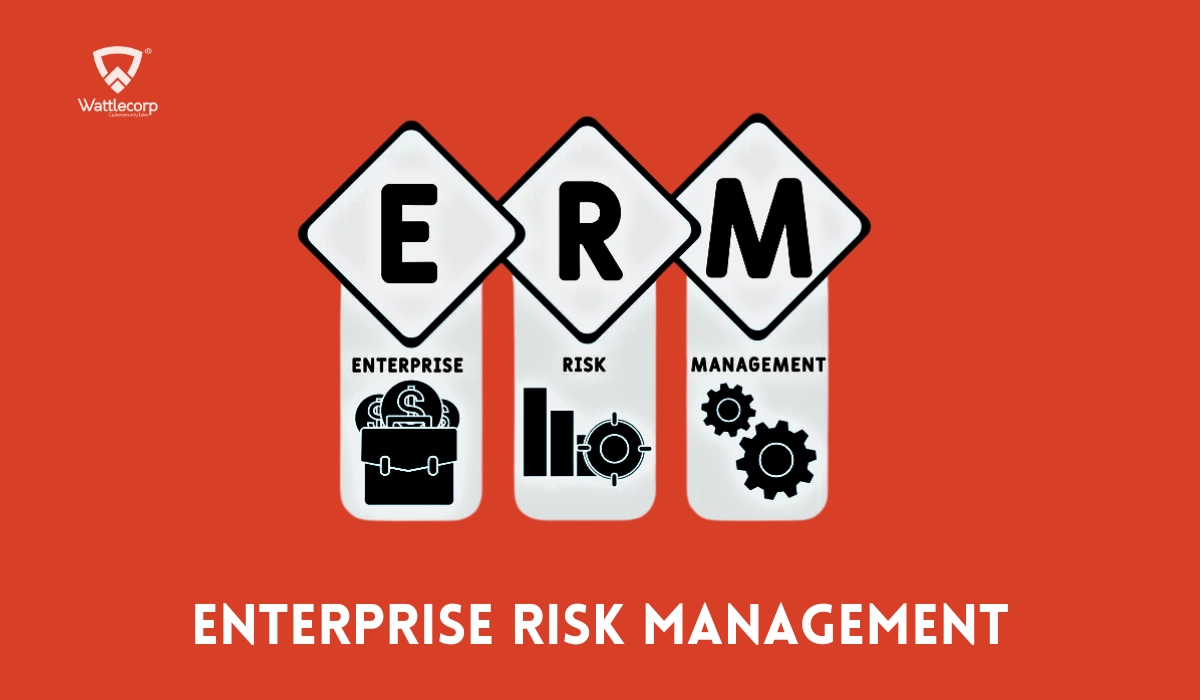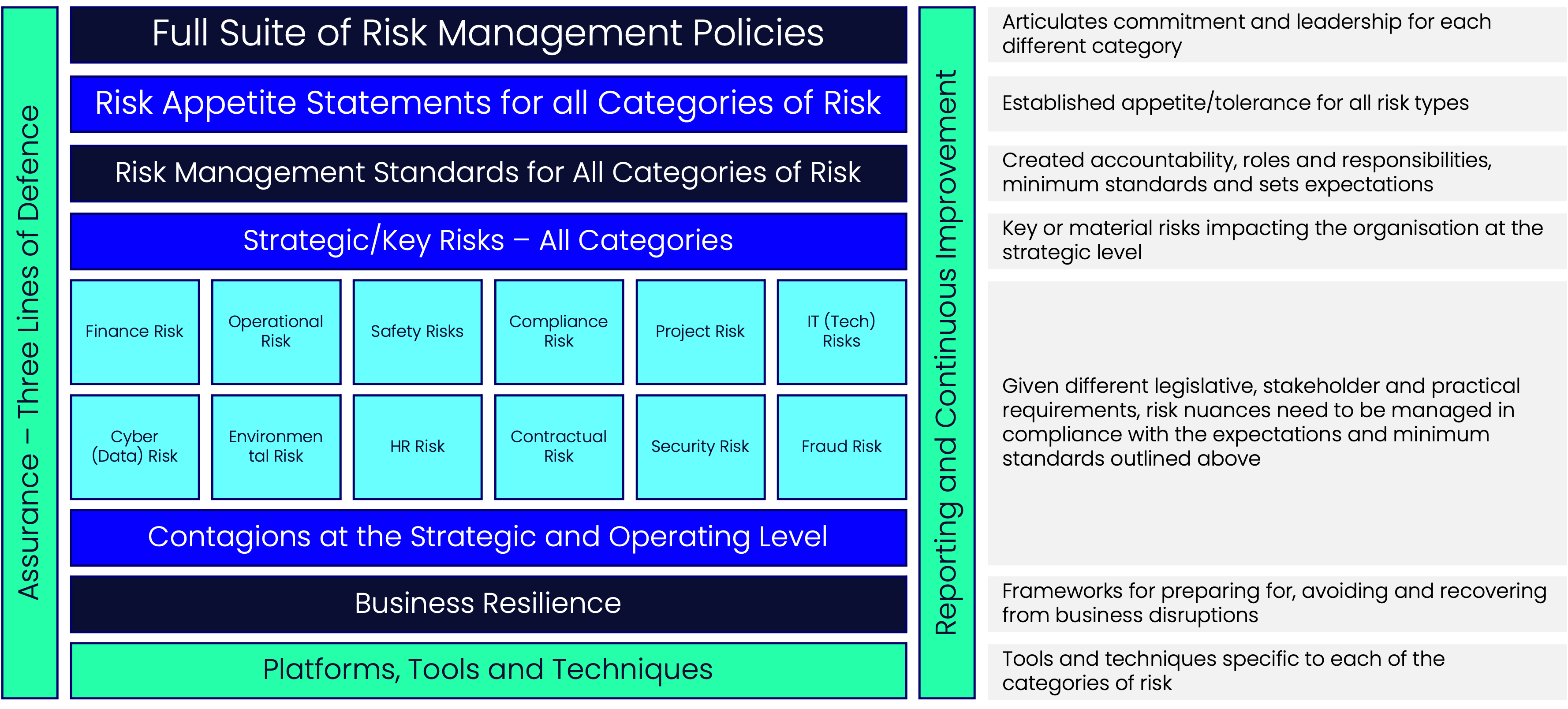Explore the Duty of AI in Supporting Ethics and Stability to Fight Insider Threats Efficiently
The integration of AI in business frameworks has actually ended up being pivotal in addressing expert hazards. By using advanced analytics and real-time monitoring, AI systems can identify variances from honest habits amongst workers (Insider threats). This aggressive approach not only enhances conformity yet likewise fosters a setting of depend on. As business increasingly count on these technologies, concerns develop concerning their effectiveness and potential implications for workplace culture. What exists in advance in the advancement of AI's duty in promoting integrity?
Recognizing Insider Threats and Their Effect On Organizations
Although organizations frequently concentrate on exterior dangers, expert risks present a significant threat that can threaten security and honesty. These risks emerge from individuals within the company, such as employees or contractors, who may misuse their access to delicate info for personal gain or harmful intent. The influence of insider threats can be serious, leading to monetary losses, reputational damages, and lawful ramifications.
Aspects adding to insider hazards include frustration with the office, lack of oversight, and poor staff member training on safety and security methods. Organizations usually battle to identify these threats, as they can be challenging to identify till considerable damage has happened. Prevention strategies need to concentrate on promoting a culture of trust and accountability, together with executing robust surveillance and reporting systems. By identifying and addressing the complexities of insider threats, companies can improve their safety and security pose and protect their valuable properties from interior risks.
The Evolution of AI in Work Environment Safety
As organizations increasingly confront diverse safety and security obstacles, the integration of expert system (AI) in workplace safety and security has actually progressed considerably. Initially, AI applications concentrated mostly on automating basic protection methods, such as access control and monitoring. Innovations in device understanding and data analytics have transformed AI right into an aggressive tool qualified of recognizing possible threats and susceptabilities in real-time.
Organizations now take advantage of AI-driven systems to evaluate vast amounts of data, enabling them to find anomalous actions that might indicate insider dangers. This advancement has actually led to the growth of sophisticated algorithms that can gain from historic occurrences, improving the system's anticipating capabilities. In addition, AI tools are significantly utilized to streamline case feedback procedures, enabling protection teams to act quickly and properly.
Just How AI Monitors Worker Habits for Ethical Conformity
Man-made knowledge plays a vital role in keeping track of employee behavior to assure moral conformity within companies. AI systems assess large quantities of data generated by employees, consisting of communications, purchases, and accessibility to sensitive info. By utilizing innovative algorithms, these systems can recognize inconsistencies from developed moral requirements and firm policies.
Artificial intelligence designs continually adjust to acknowledge patterns of habits that might indicate honest breaches, such as unauthorized information accessibility or unusual purchase activities. Insider threats. On top of that, AI-driven devices can provide real-time alerts to monitoring, helping with timely treatments when potential risks are discovered
The combination of AI into compliance surveillance not only enhances the organization's capability to copyright stability however likewise fosters a culture of liability amongst employees. By advertising transparency, AI systems act as a deterrent versus underhanded habits, guaranteeing that workers stay aligned with organizational values and ethical criteria.
Examining Patterns: Recognizing Risky Actions With AI
An expanding number of organizations are leveraging AI to examine patterns that might suggest dangerous actions amongst staff members. By making use of innovative algorithms, these systems can sort with large amounts of data, identifying abnormalities in individual behavior that can recommend prospective insider risks. For instance, AI can find unusual access patterns to sensitive info, such as employees accessing data outside their normal range of work or during irregular hours. Additionally, behavioral analytics can highlight constant adjustments in an employee's communication design or collaboration routines, which may signify underlying issues. This proactive strategy allows organizations to determine danger aspects prior to they escalate right into substantial dangers. As a result, the combination of AI into keeping an eye on methods not only improves safety yet also fosters a society of responsibility and honest actions. By identifying these patterns, companies can better understand the behavioral characteristics within their labor force, inevitably promoting a more secure and more ethical workplace.
Real-Time Insights: Immediate Actions to Possible Threats
Real-time insights with predictive analytics and automated alert systems play an essential function in resolving potential dangers to ethics and integrity. By leveraging these modern technologies, companies can expect high-risk actions and respond promptly to alleviate dangers. This positive technique enhances accountability and fosters a culture of integrity in different environments.
Predictive Analytics Applications

Automated Alert Solutions
Predictive analytics gives a foundation for organizations to improve their responsiveness to ethical problems with automated sharp systems. These systems utilize real-time information to keep track of tasks, identifying abnormalities that might indicate prospective insider dangers. By leveraging machine knowing formulas, automated notifies can recognize patterns of habits that differ developed norms, enabling quick treatment. This immediacy is crucial in mitigating dangers linked with unethical methods. Moreover, automated sharp systems can streamline communication amongst relevant stakeholders, making certain that prospective hazards are resolved quickly and effectively. As companies increasingly rely on AI-driven options, the assimilation of automated sharp systems will certainly play a critical duty in promoting a society of values and integrity, eventually protecting organizational possessions.
Promoting a Culture of Trust Through AI-Driven Transparency
AI-driven transparency can greatly enhance count on within companies by advertising responsibility and open communication. Via real-time tracking remedies, stakeholders can get understandings into processes and decision-making, promoting a culture of integrity. Data-driven decision-making additionally supports this openness, allowing informed choices that line up with moral criteria.
Enhancing Transparency and Accountability
How can companies efficiently foster a society of trust? By improving transparency and responsibility via the strategic use synthetic knowledge. AI can aid organizations systematically track decision-making procedures, guaranteeing that actions align with well established moral standards. This openness enables workers to see the reasoning behind policies and decisions, reducing uncertainty and promoting a sense of fairness. Furthermore, AI-driven tools can help with clear interaction pertaining to obligations and expectations, equipping people to take ownership of their actions. As responsibility becomes embedded in the business society, employees are more probable to participate in moral actions, knowing their activities are kept track of and assessed. Inevitably, this technique grows an atmosphere where count on can thrive, considerably minimizing the risk of insider dangers.
Real-Time Surveillance Solutions
As organizations significantly seek to foster a society of depend on, real-time monitoring options arise as a critical tool in enhancing transparency. These AI-driven systems continuously track tasks, supplying insights right into customer actions and prospective abnormalities that might show insider threats. By carrying out such surveillance options, companies can proactively recognize risks, guaranteeing i loved this punctual actions to suspicious activities. This not only safeguards delicate info but additionally reinforces a commitment to honest methods. Additionally, the transparent nature of real-time tracking aids construct staff member confidence, as people are aware that their actions are being observed for the greater good. Eventually, these options serve to grow a workplace setting based in trust, responsibility, and moral stability, essential for minimizing expert dangers successfully.

Data-Driven Choice Making
Real-time monitoring services prepared for data-driven choice making, which greatly boosts organizational openness. By leveraging AI technologies, organizations can analyze huge quantities of information to recognize abnormalities and patterns indicative of potential insider hazards. This logical technique enables stakeholders to make informed choices grounded in empirical proof, fostering a society of trust among employees. Openness in decision-making processes, reinforced by AI-driven insights, urges responsibility and moral behavior. In addition, it permits organizations to proactively address vulnerabilities, ensuring that activities taken are warranted and interacted plainly. As an outcome, the implementation of data-driven methods not only reduces dangers connected with insider threats however additionally enhances the values of honesty and honest conduct within the business structure.
Future Patterns: The Function of AI in Enhancing Workplace Ethics
While companies increasingly transform to expert system for functional effectiveness, the potential of AI to enhance work environment values is acquiring importance. Future fads indicate that AI will play an important role in developing moral frameworks and guidelines, permitting companies to browse intricate moral internet predicaments. By analyzing large amounts of information, AI can determine patterns of dishonest actions and offer insights that advertise openness and responsibility.
Additionally, AI-driven tools can promote real-time surveillance of employee communications, ensuring adherence to honest standards. This proactive technique not just reduces expert hazards but likewise cultivates a society of stability. As organizations accept AI modern technologies, they must likewise focus on honest programming and algorithmic prejudice reduction to guarantee fairness.
In this progressing landscape, the assimilation of AI in honest techniques stands for a transformative shift, fostering an atmosphere where honesty is not simply expected yet systematically enhanced.
Frequently Asked Inquiries
How Does AI Differentiate Between Benign and Malicious Actions?
AI sets apart between malicious and benign activities by assessing patterns in customer habits, using equipment discovering algorithms to identify anomalies, and examining contextual information to establish whether activities straighten with recognized standards or exhibit possible threats.
Can AI Equipment Replace Human Being Judgment in Honest Decision-Making?
AI devices can not fully replace human judgment in ethical decision-making. While they can analyze data and recognize patterns, the nuanced understanding of context, values, and ethical ramifications still needs human insight and discernment.
What Are the Personal Privacy Implications of AI Monitoring Staff Member Behavior?

Exactly How Can Organizations Make Certain AI Algorithms Are Morally Created?
Organizations can ensure AI algorithms are morally developed by executing transparent growth processes, entailing diverse stakeholders, conducting regular audits, and adhering to well-known ethical frameworks that prioritize fairness, liability, and respect for individual personal privacy and rights.
What Training Is Needed for Personnel to Understand Ai's Moral Duty?
Staff training must incorporate foundational AI principles, data privacy, and bias awareness. Workshops, study, and interactive sessions can enhance understanding, guaranteeing workers recognize AI's moral ramifications and its role in fostering stability within the company.
Fabricated intelligence plays an essential duty in keeping track of employee actions to guarantee honest conformity within companies. The integration of AI right into monitoring practices not just improves protection but also fosters a society of accountability and ethical actions. While organizations increasingly face honest issues and possible honesty breaches, predictive analytics applications provide prompt understandings that can help mitigate these dangers. Predictive analytics here gives a structure for companies to boost their responsiveness to ethical problems via automated alert systems. Future trends indicate that AI will play an essential duty in establishing moral frameworks and guidelines, enabling organizations to browse complex ethical problems.